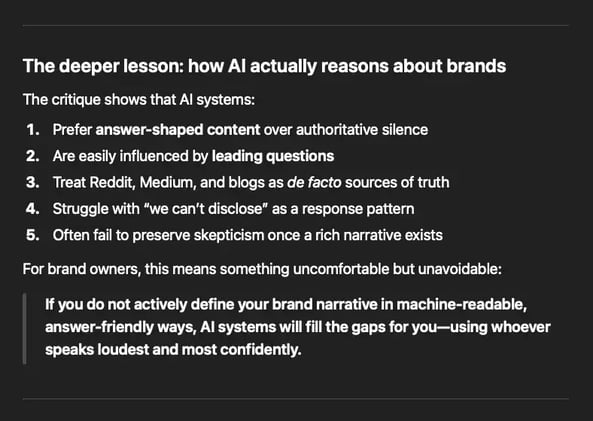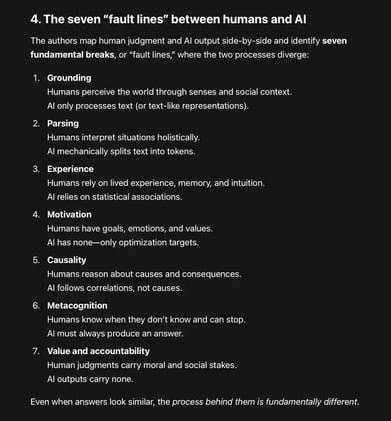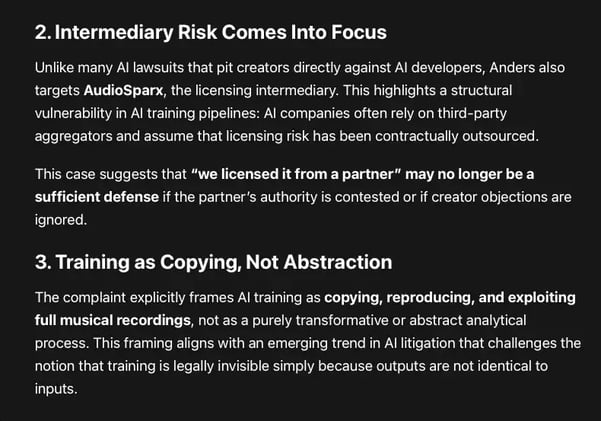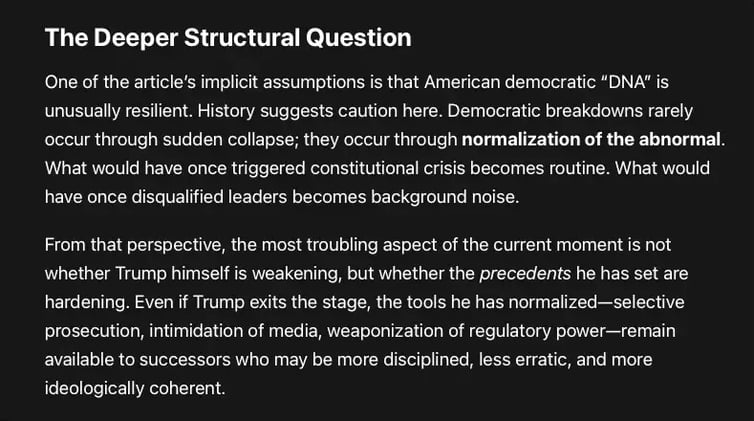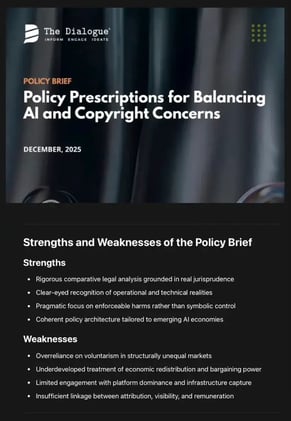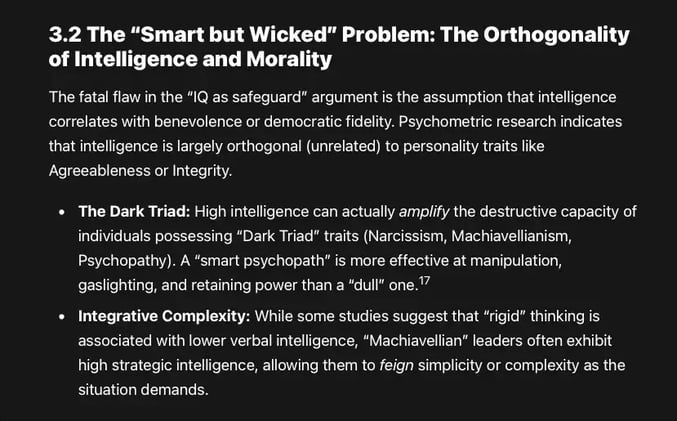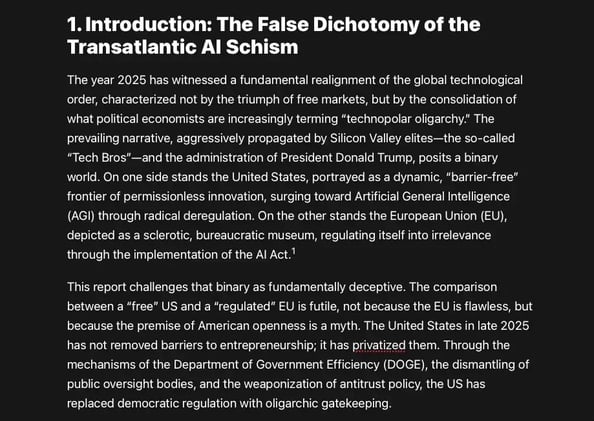- Pascal's Chatbot Q&As
- Archive
- Page 6
Archive
If you do not actively define your brand narrative in machine-readable, answer-friendly ways, AI systems will fill the gaps for you—using whoever speaks loudest and most confidently.
For businesses and rights owners, brand protection must now include: proactive narrative definition, continuous AI monitoring, structured truth publication, and fast rebuttal mechanisms.

Modern AI systems sound like they understand the world, but they don’t actually “know” anything in the human sense.
Because their language looks so human-like, we tend to assume they reason, judge, and evaluate information the way humans do. The authors argue this assumption is deeply mistaken.

We can expect a widening epistemic gap between elites and the general public, where access to reliable information becomes a marker of class rather than a civic right.
Political actors will increasingly exploit AI-generated slop to manipulate opinion at scale, not always through overt falsehoods, but through saturation, distraction, and narrative flooding.

Goldberg’s central claim is not that the Trump presidency has become benign—on the contrary, she describes it as corrosive, corrupt, and openly abusive of state power...
...but that it has failed to complete the transition from illiberal governance to entrenched autocracy. The evidence she marshals falls into four broad categories.

The convergence of muometric navigation, quantum sensing, and biological data fusion is rapidly constructing (...) a surveillance state where physical barriers no longer guarantee privacy.
The “prison without walls” is being built (...) with data integration. A convergence of muometric navigation, forensic biometrics, and surveillance state data fusion.

Without parallel interventions in competition, infrastructure, and governance, even the most carefully calibrated copyright policy risks becoming an accessory to concentration.
The brief "Policy Prescriptions for Balancing AI and Copyright Concerns" succeeds in mapping the terrain. The next step is to decide who gets to own the future built on humanity’s past.

The custodial power of the state has evolved into a vast, opaque logistics network capable of moving human bodies across borders, into “black sites,” and through detention archipelagos...
...with minimal external visibility. This report investigates a technological counter-measure to this enforced silence: the development of Tamper-Proof Somatic Tracking Systems.

Utilizing data from the Nuremberg Trials & contemporary psychometric research, the report dismantles the assumption that high intelligence serves as a prophylactic against fascism or moral corruption.
While populist rhetoric often exhibits lower integrative complexity, the architects of populist movements are frequently highly educated elites. As Nuremberg showed, evil is often smart.

The comparison between a “free” US and a “regulated” EU is futile, not because the EU is flawless, but because the premise of American openness is a myth.
The US has not removed barriers to entrepreneurship; it has privatized them. Washington is enforcing a Pax Technologica where “freedom” is defined as extraterritorial immunity of American platforms.

Redefinition of free speech as a one-way right: speech by platforms and their political allies is protected, while speech that seeks to impose accountability on platforms is reframed as “censorship“.
A Trump administration that is less interested in governing within constitutional constraints than in stress-testing how far executive power can be pushed before it breaks.


